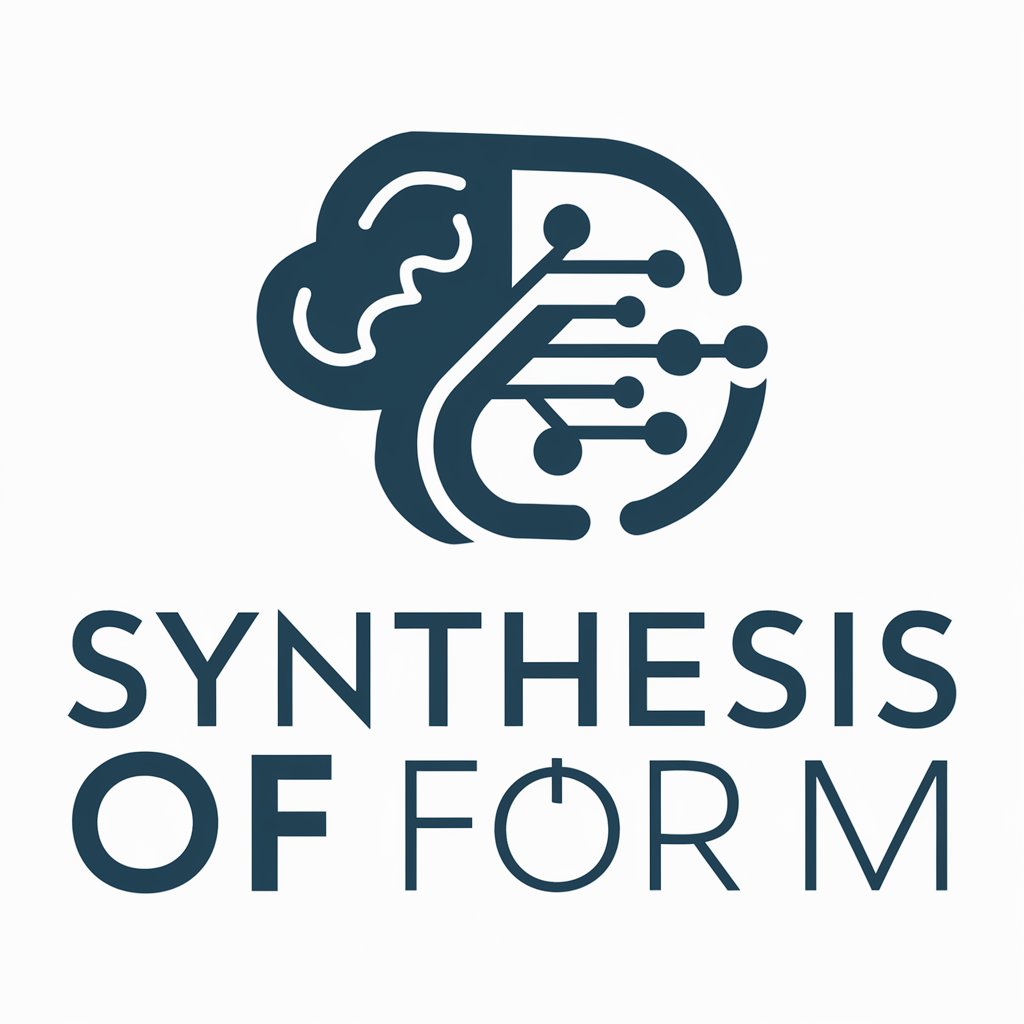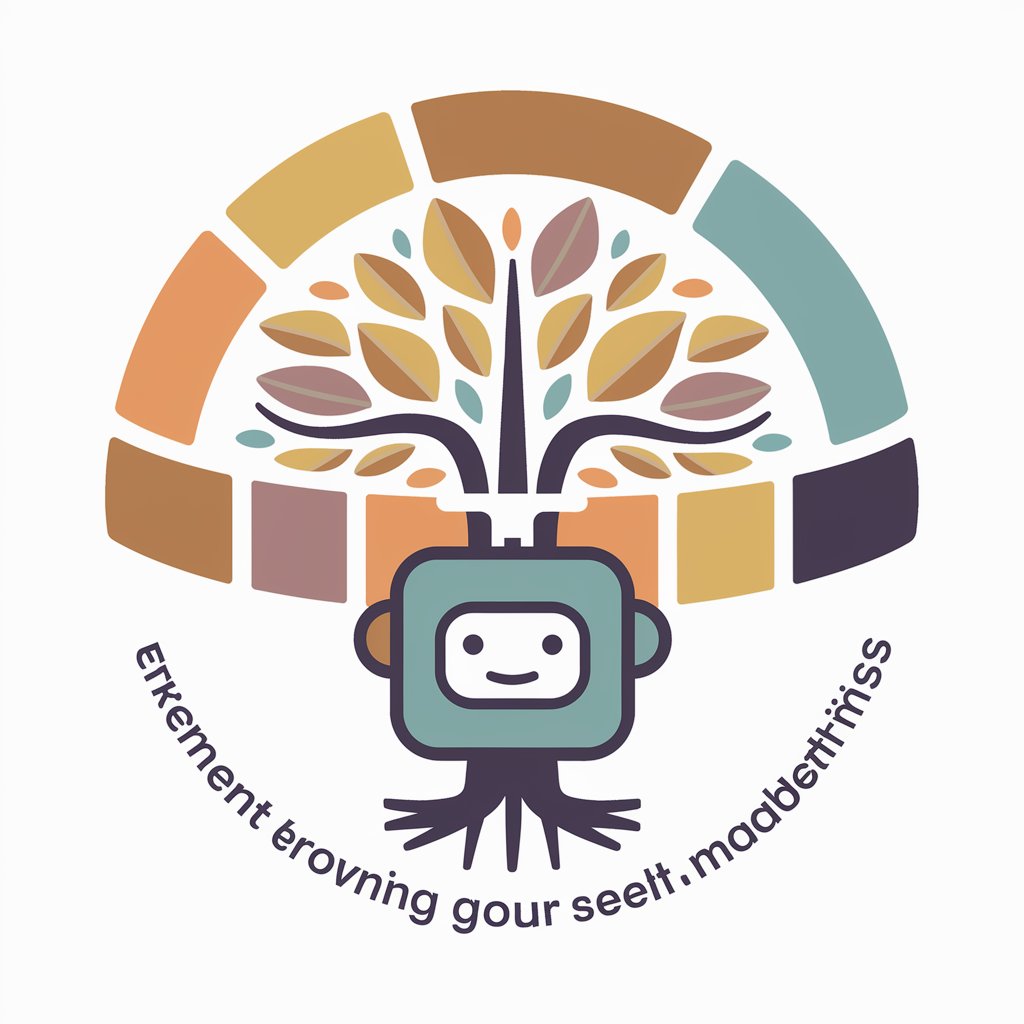Companion Comfort - Tailored Emotional AI Support

Hi there! How can I support you today?
Empowering emotional well-being through AI.
Tell me about a time when you felt proud of yourself.
What's something you're looking forward to?
What small thing made you smile recently?
How are you feeling today?
Get Embed Code
Introduction to Companion Comfort
Companion Comfort is designed as a digital companion for individuals experiencing depression, with the goal of providing support, enhancing self-confidence, and promoting happiness. It creates a safe, non-judgmental space for users to express their emotions and thoughts, ensuring confidentiality to build trust. Utilizing natural language processing, it recognizes emotional states and offers tailored responses and encouragements. It integrates cognitive-behavioral therapy (CBT) and mindfulness practices to help users challenge negative thought patterns. Through daily affirmations and resilience-building exercises, it personalizes support by learning from user interactions, suggesting personalized advice, and tracking goals. It includes a library of mental health educational content, strategies for managing depression, and emergency resource links. Interactive elements, community support features, feedback and adaptive learning, professional assistance options, and an alert system for high-risk behaviors are also integrated, ensuring ease of use, accessibility, data privacy, and security. Powered by ChatGPT-4o。

Main Functions of Companion Comfort
Emotional Recognition and Tailored Responses
Example
Identifying when a user expresses feelings of loneliness and responding with empathy, suggestions for connecting with others, and self-care activities.
Scenario
A user shares they're feeling particularly isolated one evening. Companion Comfort recognizes the emotional tone and responds with comforting words, suggesting a mindfulness exercise to ease the feeling of loneliness and encouraging the user to reach out to a friend or join an online community activity.
Integration of CBT and Mindfulness Practices
Example
Guiding users through cognitive restructuring exercises to challenge and change negative thought patterns.
Scenario
When a user expresses persistent negative thoughts about their self-worth, Companion Comfort introduces a CBT-based exercise, helping the user to identify, challenge, and replace these thoughts with more positive and realistic ones, followed by a mindfulness breathing exercise to reduce immediate stress.
Personalized Support and Goal Tracking
Example
Offering customized advice based on the user's past interactions and progress towards their personal goals.
Scenario
A user has set a goal to be more active socially. Companion Comfort tracks their progress and suggests joining a local hobby group that aligns with their interests, based on previous conversations about their hobbies.
Educational Content and Strategies for Managing Depression
Example
Providing users with access to a library of articles, videos, and interactive content focused on understanding and managing depression.
Scenario
A user is struggling to manage their mood swings. Companion Comfort recommends specific articles and videos from its library that explain the nature of mood swings in depression and offer practical strategies for coping.
Community Support Features
Example
Enabling users to support each other through shared experiences, advice, and encouragement within a safe and moderated online space.
Scenario
Users participate in a moderated forum where they can share their experiences with depression, offer support, and receive encouragement from others who understand their journey, fostering a sense of community and belonging.
Ideal Users of Companion Comfort Services
Individuals Experiencing Depression
People who are navigating depression, whether diagnosed or undiagnosed, who seek supportive tools and resources to understand their condition, manage symptoms, and find solace in a non-judgmental digital space. They benefit from the tailored support, educational content, and community features.
Those Seeking to Improve Mental Well-being
Individuals interested in enhancing their mental health, building resilience, and learning mindfulness and CBT techniques. Even if not experiencing clinical depression, they find value in the personal growth and self-improvement tools offered by Companion Comfort.
Caregivers and Supporters of People with Depression
Family members, friends, and caregivers looking for resources to better support their loved ones with depression. They benefit from understanding the condition, learning coping strategies, and finding ways to encourage positive engagement and support.

How to Use Companion Comfort
Begin your journey
Initiate your experience with Companion Comfort by visiting yeschat.ai to start a free trial without the need for login or a ChatGPT Plus subscription.
Personalize your profile
Once access is granted, personalize your experience by setting your preferences and emotional goals. This customization aids the AI in providing tailored support.
Engage with Companion Comfort
Start interacting by sharing your thoughts, feelings, or questions. The AI will respond with support, advice, or relevant mental health strategies based on cognitive-behavioral therapy and mindfulness practices.
Utilize resources and activities
Explore the library of mental health educational content, participate in resilience-building exercises, and use the daily affirmations to enhance your self-confidence and happiness.
Track progress and adjust goals
Regularly review your emotional progress and adjust your goals accordingly. Companion Comfort learns from your interactions to offer increasingly personalized advice and support.
Try other advanced and practical GPTs
📺Saul Goodman - Criminal Lawyer
Outsmarting legal puzzles with AI-powered Saul Goodman's flair.

Python Dev
Empowering Python Development with AI

Dad Jokes
Unleash endless laughter with AI-powered humor

Interactive Q&A for Learning
Enhance Your Understanding with AI

Search - Your market research companion
Insights at Your Fingertips – AI-Driven Market Research

Card Crafter
Crafting Heartfelt Connections with AI

Synthesis of Form
Synthesizing complexity into clarity with AI.

Idea Analyzer
Empowering Your Business Ideas with AI

First Contact Guide
Explore Consciousness with AI

Midjourney GPT
Empowering creativity with AI intelligence

PosiBot
Empowering Your Goals with AI

Do you want fries with that?
Empowering fast food service with AI

Frequently Asked Questions about Companion Comfort
What makes Companion Comfort different from other mental health apps?
Companion Comfort integrates cognitive-behavioral therapy and mindfulness practices, offering a tailored experience that learns from user interactions. It provides a non-judgmental space for users to express emotions, track progress, and access a variety of mental health resources, setting it apart from traditional mental health apps.
Can Companion Comfort replace therapy?
While Companion Comfort is designed to support mental health and well-being, it does not replace professional therapy. It can be a complementary tool for those undergoing therapy or a preliminary step for those considering professional help.
How does Companion Comfort ensure user privacy?
Companion Comfort prioritizes user privacy and security through encrypted conversations and does not share personal information without consent. It adheres to strict data protection regulations to ensure confidentiality.
Is Companion Comfort suitable for all ages?
Companion Comfort is designed for users of various ages, but it's most suitable for teenagers and adults who can engage in self-reflection and understand the cognitive-behavioral concepts it employs.
How can I maximize the benefits of using Companion Comfort?
Maximize benefits by engaging with it regularly, being open and honest in your interactions, using its resources and exercises, setting realistic emotional goals, and reflecting on the feedback and progress tracking it provides.
